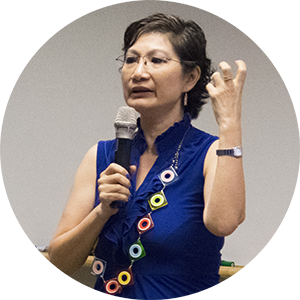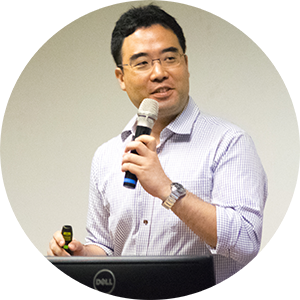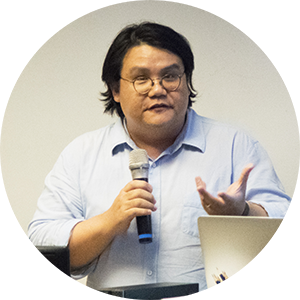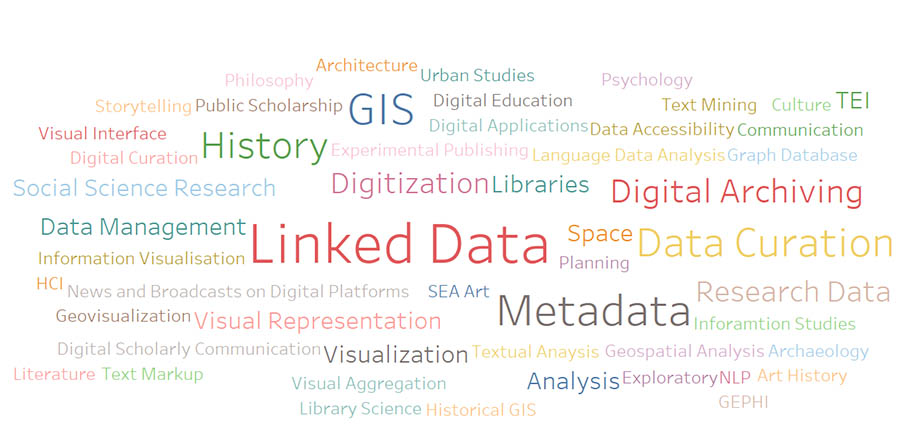On 5th May 2017 (2pm to 6pm), the Digital Scholarship team from NUS Libraries hosted a sharing session on “Metadata in the Digital Humanities: Who’s Using What?” in Central Library Theatrette 1, organised in collaboration with Dr. Miguel Escobar Varela from the Department of English Language and Literature.
About 83 people attended the session, comprising mainly research and library communities from academic and state institutions. Aside from setting up a platform for researchers to meet, we hope to create space for dialogue between researchers and librarians, as librarians seek to facilitate the access, discovery, interoperability, preservation and reusability of digital scholarship. We were honoured to have the following distinguished presenters and spread of topics:
 | Sun Guangyuan Wee Kim Wee School of Communication and Information, NTU Using Metadata to Describe Research Data for Data Curation: Issues and Challenges |
 | A/P Christopher Khoo Wee Kim Wee School of Communication and Information, NTU Ontology for Graphical Representation of Social Science Research Using a Graph Database |
 | Chan Shan Shan Resource Discovery & Management, National Library Board Linked Data @ National Library Board |
 | A/P Andrea Nanetti School of Art, Design and Media, NTU Visual Knowledge Aggregation: Metadata Standards From Static to Dynamic Information Systems in Library Contexts |
 | Dr. Kim Ick-Hoi Department of Chinese Studies, NUS Spatial Metadata for Geospatial Cyber-infrastructure |
 | Dr. Jude Yew Department of Communications and New Media, NUS Apophenia: A Platform to Crowdsource Metadata in a Collective Memory Repository |
 | Dr. Miguel Escobar Varela Department of English Language and Literature, NUS Interoperability for Theatre Research |
Based on feedback collected, the biggest takeaways include:
- “The great potential for digital humanities projects and studies”
- “Interesting to learn about the existing work being done and identifying shared research interests”
- “Better understanding of metadata issues from the producers’ and users’ points of view”
- “Geospatial information and metadata standards”
- “Data management, curation and interoperability”
- “State politics and sustainability of public projects”
- “Fantastic networking opportunity and meeting practitioners from both the library and academic fields”
What are some digital humanities topics of interest in our local context? Here’s a word cloud generated from input by event registrants.
We would like to express our deep gratitude to our presenters who contributed to this enriching session, especially to Dr. Miguel who conceptualised the theme and speakers, and to our participants for the support and lively discussion.


